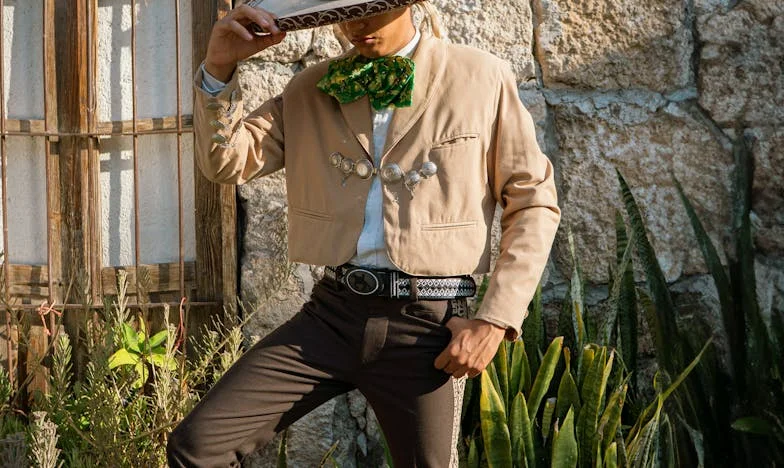How I Stopped Rescuing My Adult Children: A Father’s Reckoning in Suburban Ohio
“Dad, please, I’m begging you. If you don’t send it tonight, I’ll lose my apartment.”
It’s 2:17 a.m. and my phone’s blue glow cuts through the darkness of our bedroom in quiet, suburban Ohio. My wife, Olivia, stirs, but I’m already wide awake—my heart jackhammering in my chest. It’s my oldest son, Michael. Twenty-eight, two failed jobs, a DUI, and now living in a crumbling rental outside Cincinnati. Again.
I slide out of bed, careful not to wake Olivia. In the kitchen, I sit at the table, staring at his message. $1,800 this time. My thumb hovers over the banking app. I know Olivia will be furious, but I can’t help picturing Michael as a little boy, all scraped knees and big dreams. When did it all start unraveling? When did my helping become hurting?
I remember the first time he called, desperate. He was twenty and had flunked out of college. “Just one more chance, Dad. I’ll do better, I swear.” Of course I sent the money. I always did. That’s what good fathers do, right?
But then came Sarah, our youngest—she’s twenty-five, brilliant, but lost. She calls less for money and more for the sound of my voice at 3 a.m., sobbing about relationships that never last, jobs that never fit. “Dad, can I come home for a while?” she asked last winter, her breath fogging up the kitchen window as she stood outside our door, suitcase in hand. How could I say no?
Olivia, though, was running out of patience. “Peter, we’re not their safety net forever. They have to learn to stand on their own.” She’d say it in the evenings, after the phone calls, after the texts, after I’d Venmoed away another chunk of our savings. I’d nod and promise her, “Just this once.” But it was never just once.
I wish I could say things changed quietly. But last Thanksgiving, everything exploded. The turkey was cold, the mashed potatoes untouched. Michael was late, again. Sarah sat on her phone, scrolling through Instagram. Olivia’s smile was brittle.
When Michael finally stumbled in, reeking of weed and sweat, Olivia snapped. “Enough. You’re not a child. You don’t live here. You don’t get to treat this house like a pit stop.”
Michael’s voice was a blade. “You never cared, Mom. Dad’s the only one who gets it.”
The words hung in the air like a curse. I saw the tears in Olivia’s eyes. I saw Sarah shrink in her chair. And I felt it—a deep, gnawing shame. Was I really helping anyone, or just keeping them stuck?
After dinner, Olivia and I sat in the quiet, picking at pie crusts. “I can’t keep doing this, Peter,” she whispered. “We’re losing them, and we’re losing us.”
I didn’t sleep that night. I wandered the house, stepping over old toys and graduation photos, wondering where I’d gone wrong. I thought about my own father, a hard man who said, “If you fall, you get up. Or you stay down.” I’d sworn to be different. But maybe I’d swung too far the other way.
A week later, Olivia handed me a brochure. Family counseling. “I made us an appointment. For us. For them, if they’ll come.”
Michael refused. Sarah came once, but sat in silence. Olivia and I kept going.
Through those sessions, I started to see the difference between love and enabling. I began to understand that my guilt wasn’t helping anyone—it was keeping my children from growing up. The counselor said, “Peter, you’re afraid to see them fail. But you’re also afraid to let them succeed without you.”
It took months. Olivia and I set boundaries. No more emergency bailouts. No more late-night calls unless it was a real emergency. When Michael texted for money, I replied, “I love you. I know you’re capable. Let’s talk about ways you can solve this.” He didn’t reply for two weeks. Then, a short message: “Got a second job. Not easy. But I’m doing it.”
Sarah had to move out of her friend’s place. She found a studio apartment, tiny but hers. She called one night, not crying, just talking. “I think I’m gonna be okay, Dad.”
Not every day is easy. There are nights I lie awake, staring at the ceiling, worrying that I’ve done too little, or too much. Olivia and I talk more now. Sometimes we laugh about how we thought parenting ended when they turned eighteen.
But the hardest part? Letting go of the fantasy that I could save them from every mistake, every heartbreak. That’s not my job anymore. My job is to love them, cheer for them, and trust that they’ll find their way—even if it’s messy, even if it breaks my heart a little.
Sometimes I sit on the porch, watching the Ohio sunset, wondering: How do you know when to let go? How do you love your children enough to step back and let them fall?
Would you have done the same? Or would you keep trying to save them—no matter the cost?
